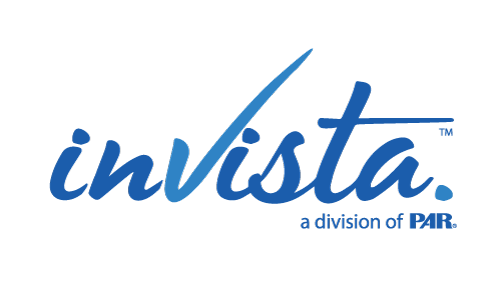Improving professional wellbeing should be a priority for both organizations and individual employees. There are many different areas that affect an employee’s professional wellbeing, including whether they have clarity on their job expectations. Being ambiguous about how employees should be spending their time leads to confusion and frustration for everyone.
How do unclear expectations affect your employees?
A big barrier to employee success is unclear expectations. Leaders should set clear goals and performance expectations. When employees know what is expected of them, they are better equipped to accomplish goals, complete projects on time without letting any slip through the cracks, improve teamwork, and spend energy on executing their tasks versus trying to determine where responsibilities lie. In fact, a recent study conducted by InVista [1] found that, on average, employees with high levels of professional wellbeing reported 15% higher ratings of clarity on their priorities. Expectations should stem from the organization’s strategic goals and initiatives, with organizational objectives trickling down to department goals, team goals, and individual goals. Allowing employees to help set their own goals is an effective way to get buy-in. Some helpful considerations for employee goal-setting include:
- Set goals that align with the organizations’ objectives.
- Let employees participate in the goal-making process.
- Set SMART goals—goals that are specific, measurable, achievable, relevant, and time-based.
- Set consistent goals for employees with similar responsibilities.
Another source of stress is undiscussed expectations, such as response time to emails or being available 24/7. It’s critical that employees understand your stance on these types of work habits so they know they won’t be seen as lazy or unengaged if they set healthy work boundaries. It has been proven that too much engagement can lead to burnout.
Related article: Three leadership styles that will enhance the wellbeing of your team
What can employees do to gain clarity?
If you are unclear on your priorities or what your manager thinks of your performance, it’s time to have a conversation. Outline what you believe your expectations are so you can share them with your boss, and prepare to have an open dialogue to confirm or clarify your understanding. Here are a few questions you can ask:
- Can you help me understand where I should be spending my time?
- Can you help me understand what percentage of time I should be spending in each area?
- Can you help me prioritize my list of tasks/responsibilities?
These types of conversations can also open a discussion about work–life balance, training, and job security—other areas that affect professional wellbeing.
For a FREE, complete guide to what organizations and individuals can do to improve employee wellbeing,


Recent Comments